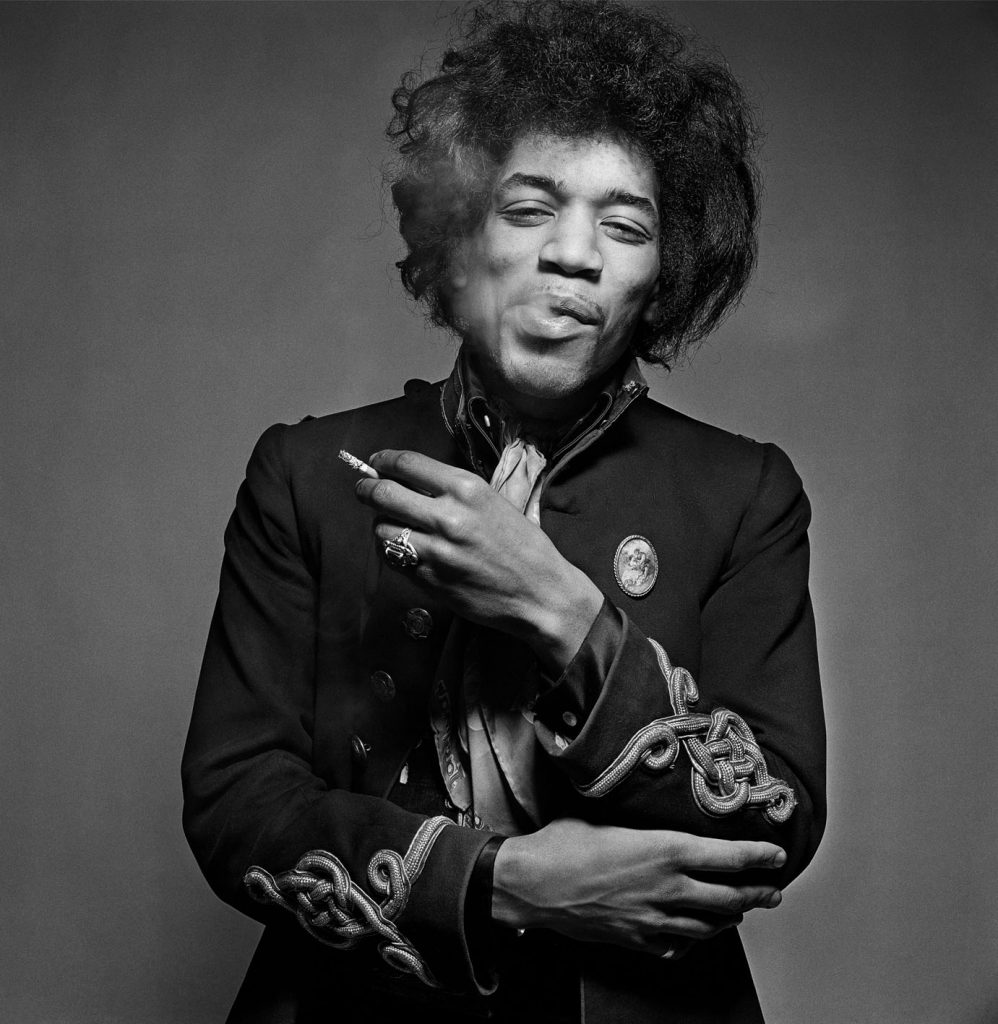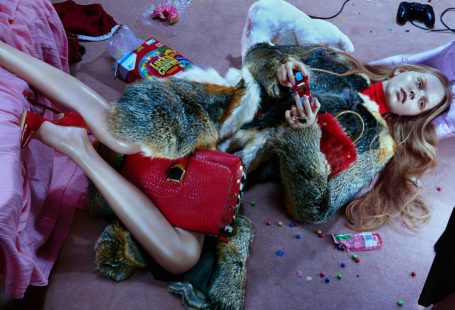Copyright infringement and violation of moral rights.
Gered Mankowitz is an English photographer who is the author of many portraits of pop and rock stars, such as Kate Bush, the Rolling Stones, and Jimi Hendrix.
In 2013, Mankowitz saw that his 1967 photograph of Hendrix had been reproduced in an advertisement for electronic cigarettes, the only difference being that the old fashioned cigarette was replaced with an electronic one.
The photographer, along with the company that had acquired the rights, sued the advertiser for copyright infringement and violation of moral rights.
The defendant advertiser argued that there could not be any infringement or violation because the photograph was not original.
Under French law, photographs are treated like all other works of art: they are protected provided that they are original, which courts interpret to mean that the work must “reflect the artist’s personality.”
This criterion is also used in the preamble of Council Directive No. 93/98/EEC of 29 October 1993 which harmonized the term of protection of copyright and certain related rights.
When courts deal with photographs, they tend to analyze the technical and artistic choices the photographer made and usually conclude that the photograph is protected. In this case, the photographer gave the following explanations:
This extraordinary and equally rare photograph of Jimi Hendrix manages to capture, for a very short moment, the striking contrast between the lightness of the artist’s smile and of the curl of smoke and the blackness and geometrical rigor of the rest of the image, created notably by the lines and right angles of the bust and arms. The capture of this unique moment and its enhancement through the light, the contrasts and the narrow frame focused on Jimi Hendrix’ bust and head reveal the ambivalence and contradictions of this legend of music. As a result, this photograph is a fascinating and highly beautiful work which reflects its author’s personality and talent.

On 21 May 2015, the High Court of First Instance of Paris (Tribunal de Grande Instance) rendered a judgment in which it ruled that a famous photograph of Jimi Hendrix, taken by Gered Mankowitz, is not original and therefore not protected by copyright.
The 3rd Chamber of Paris High Court, one of France’s nine courts specialising in intellectual property matters (with exclusive jurisdiction), has rendered several very worrying rulings of the same kind.
However, the Court was not too appreciative of this somewhat lyrical description for three reasons.
First, the Court held that art can have artistic merit without being original, and therefore the artistic merit of this photograph did not necessarily mean it was original.
Second, the Court held that the key inquiry is whether the photograph reflects the personality of the photographer. By contrast, the photographer’s statements about Jimi Hendrix’ ambivalent personality were not relevant.
Regarding the imprint of the author’s personality, the Court of Justice of the European Union ruled that: “An intellectual creation is unique to its author when it reflects the personality of this one and this is so if the author was able to express his creative abilities in the realization of the work by making free and creative choices” (Court of Justice of the European Union, December 1, 2011, Eva Maria Painer c/ Standard Verlags GmbH).
Therefore, in case of litigation, the author has to establish that his work is the result of “free and creatives choices” and, in the field of photography, it means, for example the choice of framing, light, exhibition technical parameters, the trigger time etc.
Finally, the Court held that the framing, background, and the choice of black and white were fairly common for this type of portrait.
The photographer therefore was obliged to explain the choices he made in relation to the posture of the subject, his costume and general attitude.
The Court found that, since the photographer failed to give sufficient explanations about these choices, he failed to establish that his photograph was original.
The matter is now pending in the Paris Court of Appeal where, unlike in U.S. copyright cases, the photographer will have a second chance to present evidence and provide more detailed explanations about these technical and artistic choices.
If he does so, the decision could very well be reversed. The Court should render a decision by the end of the year.
Dandi Law Firm provides legal assistance in Copyright. Check out our Services or contact Us!





